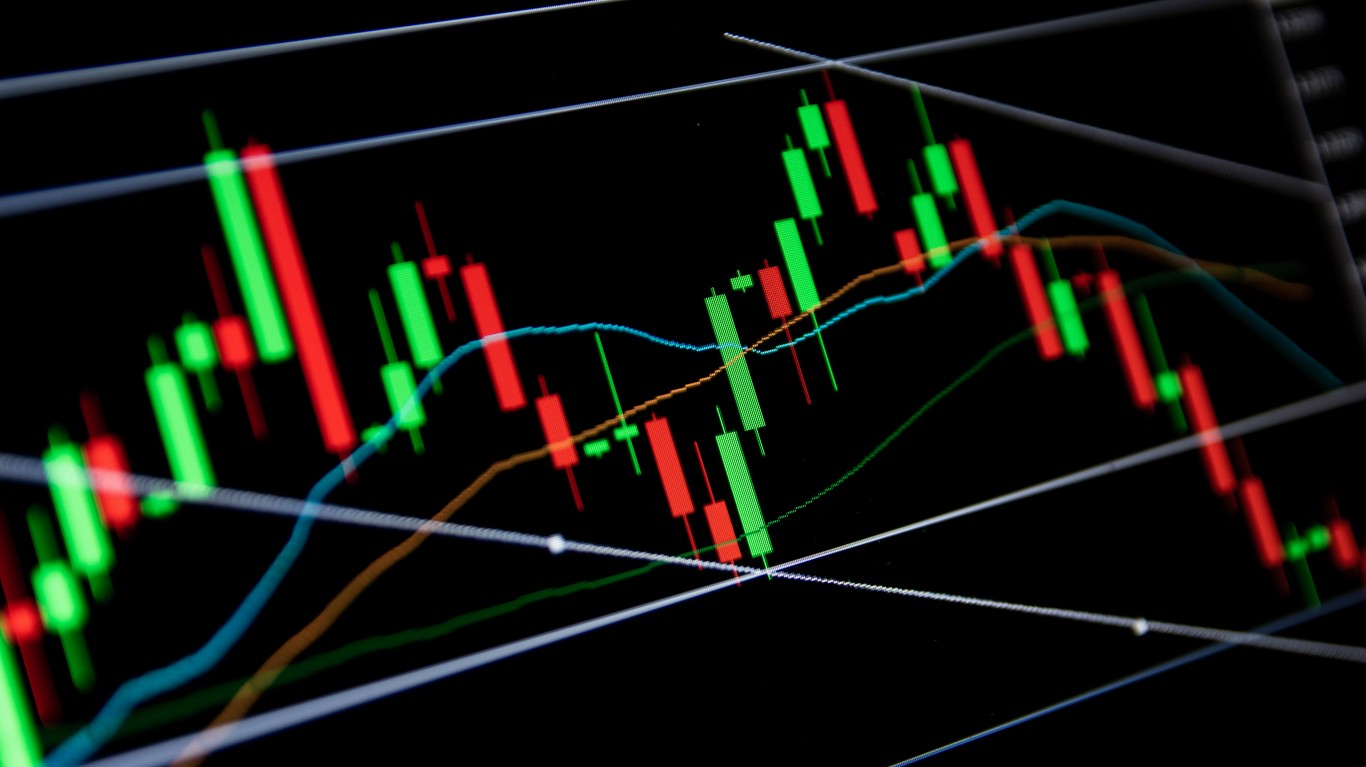 Germany attacked the Federal Reserve’s QE2 program. So did China. And, so did most of the nations which have begun to prepare for the G 20 summit on November 11th and 12th in South Korea.
Germany attacked the Federal Reserve’s QE2 program. So did China. And, so did most of the nations which have begun to prepare for the G 20 summit on November 11th and 12th in South Korea.
The reasons for the objections are simple. Quantitative easing, backed by $600 billion of US bond purchases will weaken the dollar which will give the US advantages in global trade.The other major objection was voiced by Chinese Vice Finance Minister Zhu Guangyao. He said, according to Reuters, “As a major reserve currency issuer, for the United States to launch a second round of quantitative easing at this time, we feel that it did not recognize its responsibility to stabilize global markets and did not think about the impact of excessive liquidity on emerging markets.”
Many economists believe that the cases against QE2 is true. At least one member of the Federal Reserve Board of Governors, Kevin Warsh, has voiced concerns. ” Heightened tensions in currency and capital markets could result in a more protracted and difficult global recovery, he wrote in The Wall Street Journal. The Fed is at war with itself to some extent.
The cause and effects of the QE2 program are complex but the issue of how it places the US among its trade partners is not. QE2 will almost certainly give America a trade advantage and could hurt emerging nation economies. America is willing to risk those things to restart its own economy. The Fed’s decision has created a monetary isolationism. Without the policy, it reasons, the US economy could enter another recession.
The reactions that the other large countries around the world have to the Fed’s policy are both cynical and ambiguous. Dying American growth prospects will continue to undercut US consumer spending, which is still the primary reason that the world’s largest economy is so important to exporters. Fed policy may make the exports from China and other nations more expensive. Without Fed policy, exports to America could be severely undercut.
The Fed’s action could cause a monetary war and a trade war as well. But, the other G 20 nations know better and that is why QE2 will go forward, opposed by rhetoric and little more. The US economy is in deeper trouble than most observers believed it would be as 2011 approaches. The Fed’s policy may isolate it from the monetary and central bank plans of trade partners. But, those trade partners know that the US central bank’s policy will eventually promote world trade by propping up the US economy. That is preferable to the alternative.
Douglas A. McIntyre
Cash Back Credit Cards Have Never Been This Good
Credit card companies are at war, handing out free rewards and benefits to win the best customers. A good cash back card can be worth thousands of dollars a year in free money, not to mention other perks like travel, insurance, and access to fancy lounges. See our top picks for the best credit cards today. You won’t want to miss some of these offers.
Flywheel Publishing has partnered with CardRatings for our coverage of credit card products. Flywheel Publishing and CardRatings may receive a commission from card issuers.
Thank you for reading! Have some feedback for us?
Contact the 24/7 Wall St. editorial team.





